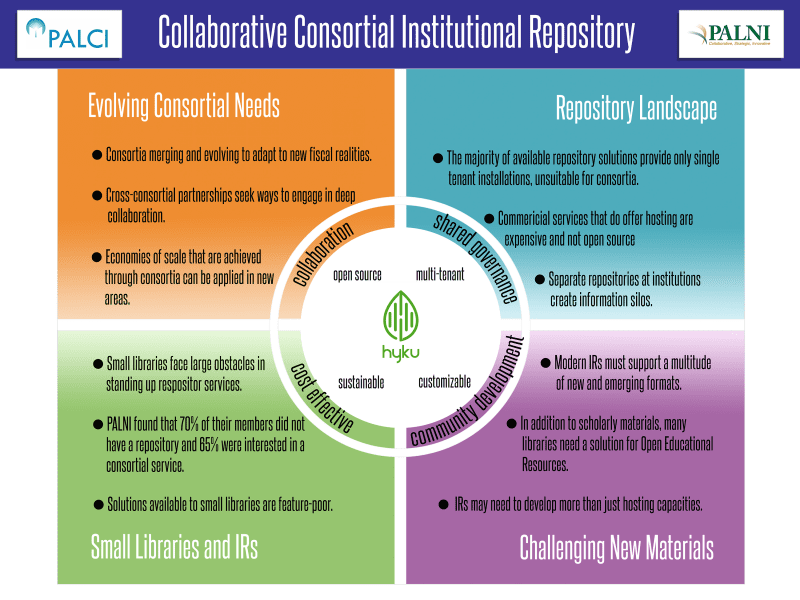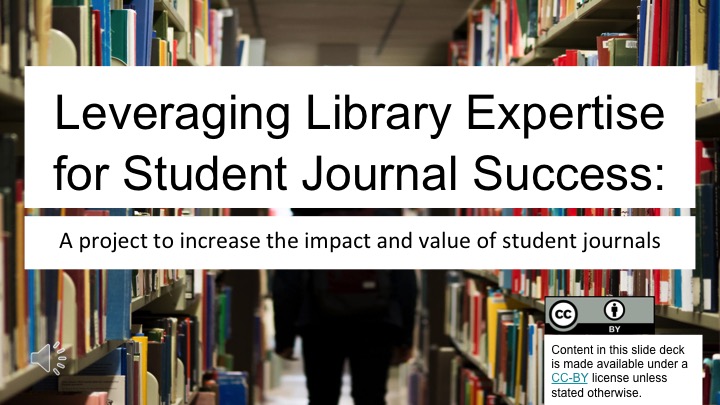August 9, 2019
By Celia Regina de Oliveira Rosa
Editor’s note: This is a guest post by the recipient of a 2019 Library Publishing Forum Award.
On the occasion of the 2019 Library Publishing Forum, held 8–10 May in Vancouver, British Columbia, it was possible to explore the route outlined by numerous initiatives in open publishing in the academic environment and to be nourished by activities that strengthen its background.
Recognized among universities in North America, Canada, and beyond, the 2019 Forum, sponsored by the Library Publishing Coalition in collaboration with Simon Fraser University and Harbour Centre, welcomed librarians, academics, university publishers, and platform vendors interested in immersing themselves in library publishing services.
The pre-conference on May 8 focused on Open Educational Resources. The morning workshop, offered in collaboration with the Open Textbook Network, provided an opportunity for discussion and hands-on work, highlighting project management strategies in support of open textbook publishing. Time savings in the planning stages (Plan – Do – Check – Act) are outlined through the information exchange established between author and publishing specialists related to research, resource creation, writing of the book outlined, supplemental resources, chapter planning, peer review, review related to style / format, copy editing, proofreading, preparation for publication up to launching—these are only some of the subjects offered in the BC Open Textbook Self-Publishing Guide.
In the afternoon’s full sessions, planned in collaboration with BCcampus, presenters engaged attendees with topics such as the academic publication reshaped by library publishing and set out on a small scale, requirements for sustainable software, alliances (or not) with different models of the university press, surveys about undergraduate use and acceptance of digital didactic resources, in addition to efforts to prepare librarians to work/advocate in these scenarios.
For academic book production, a collaborative approach between author, librarian, and publishing team facilitates the clarification of doubts during the project design; a timely process can avoid the familiar miscommunications responsible for innumerable disagreements and problems such as content produced without planning; numerous “come and go” for style redesign and publishing requirements; ignorance of the author’s objectives for the publication; author’s unfamiliarity of the license to be adopted; remaining doubts about open access; uncertainties regarding DOI being the best alternative to use, definition of the most appropriate platform for hosting content.
At event closing it was evident that many discussions of the nuances of scholarly communication had originated among the disparate groups of attendees, seeking understanding of their differences in pursuit of quality-targeted solutions that reach significantly more individuals.
Daily, I have been encouraging future monograph authors and helping them prepare their manuscripts using the perspective of library as publisher; however, this activity is still unknown to many at the university. For open publishing opportunities to become a real knowledge network, a single publishing structure designed at an administrative level by the library system is necessary.
The Library Publishing Forum’s professional work provides countless perspectives for reflecting on ways to provide better library performance through concrete experiences. It has a special position in my agenda!
Célia Regina de Oliveira Rosa is Librarian at the Geosciences Institute of the Universidade de São Paulo, SP, Brazil, www.usp.br/. She holds a Masters in Information Science with a concentration in book library publishing.




